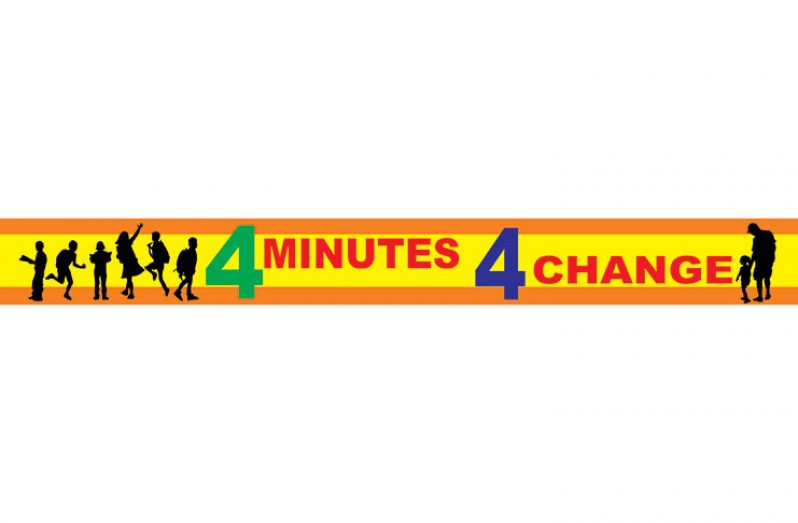SCHOOL holidays are upon us and while most children are enjoying their break from the monotony of attending school, some parents are hard-pressed to find activities and/or adequate supervision for their children. There is still a whole month to go before the back-to-school count-down, so if you are a parent at work, you must ensure that your children are being properly cared for and that they are meaningfully occupied and kept out of harm’s way.
Children should not be left alone at home without adult supervision. While there is no specific law that indicates how old a child must be before he/she can be legally left alone, the Childcare and Protection Agency advises that children under 14 years old should not be left alone (especially all day while their parents are at work). It is a fact that children who spend long periods of time without adult supervision, get up to mischief and are likely to do things that are quite out of character, usually to quell their boredom. So parents, beware.
Some parents might argue that there are children under the age of 14 who seem mature and sensible enough to keep themselves safe and occupied for extended periods of time. This might well be the case in some households, but these children are still classed as ‘vulnerable’ and parents who leave them all day without adult supervision are in breach of the Protection of Children’s Act (2009).
Parents who have good relationships with their teenage children (14 -18) have a fair idea what their children are likely to do when left alone at home and they can actually create boundaries and guidelines for their children to follow in their absence, knowing fully well that their children will understand and adhere.
Although finding adequate childcare may be difficult during this time, parents should not leave their child with people they do not know well: and if a child refuses to stay with certain people, even family members, then parents should not force the child to stay where he/she feels uncomfortable.
It also follows that wherever a child spends his/her day, it is important that the parent talks to the child at the end of the day to find out exactly what type of day the child has had. Hearing a step-by- step account of what took place during the day will allow parents to gauge whether their child felt secure, occupied and cared for, or whether the facilities or people concerned fell short in their ability to provide adequately for the child.
There are many children who spend their days on the road, in and out of ‘people’s’ yards, playing with friends and simply killing time until their parents return home. Here is where members of the community can keep a watchful eye. Without knowing all the circumstances surrounding the children in the neighbourhood, adults can still help a child who seems hungry, thirsty or who just needs a ‘talking to’. Yes, children can get up to all kinds of things during the holidays and if you are in the position where you need to put your foot down and discipline a child, within reason, then do so. Children will always need adults to guide them in a positive way and even more so when their own parents are not around.
Those addictive, obsessive video games that children play on their phones, tablets and computers are not doing children any academic favours or strengthening their minds. So, parents do try to find as many outdoor activities for your children as possible during the holidays, because it is not normal or healthy for children to spend hour after hour looking at a screen absolutely mesmerised by whatsoever it is that has them enthralled. Yes, it keeps them quiet, and yes, they are very much occupied, but this is real life, so help them make the most of it by being creative, productive and energetic.
Taking this extra care during this school break, to help our children, may seem overly protective to some, but children need guidelines and boundaries in every aspect of their lives and just because it’s the school holidays, it doesn’t mean that, ‘anything goes.’ On the contrary, it is time to be even more vigilant than ever.
Which leads to one final point: if you are the parent of a teenager, take measures to prevent things from ‘carrying on’ in your home while you are at work. Use your mobile phone to stay in touch, know your child’s whereabouts. Ask a neighbour or friend to keep a watchful eye, don’t leave anything to chance: try to stay one step ahead of your growing child, because even teenagers need safeguarding.
If you are concerned about the welfare of a child you can ring the CPA hotline 227 0979 or email childcaregy@gmail.com
A Message from the Childcare and Protection Agency, Ministry of Social Protection




.png)









